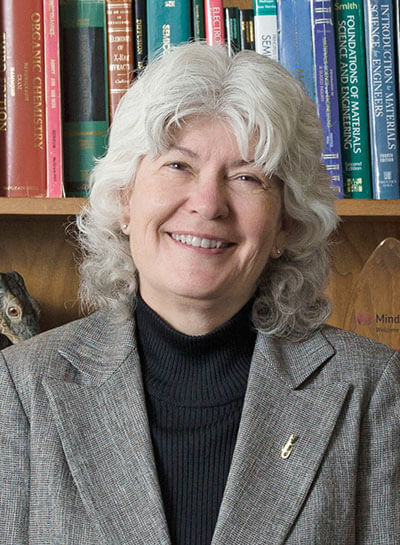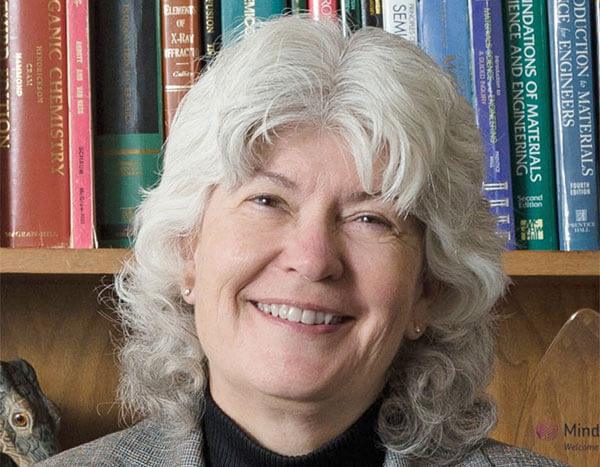
Cammy R. Abernathy, Ph.D., dean, Herbert Wertheim College of Engineering
By Cammy R. Abernathy, dean, Herbert Wertheim College of Engineering
This article originally appeared in the Sarasota Herald-Tribune.
There is a reason that so many engineers fill top leadership positions across nearly every sector of our economy. Engineers are highly skilled problem solvers, leaders and innovators, creators and communicators. We know how to work in teams, balance budgets, rebound from setbacks and keep pushing forward.
The need for people with these skills will continue to grow, but I worry that we are not graduating enough engineers – not just here in Florida, but across the country – to meet that demand.
Consider this: About 6% of undergraduate bachelor’s degrees awarded in recent years in the U.S. were in engineering disciplines. China, by comparison, awards at least six times that number of undergraduate engineering degrees.
How can we keep pace? With demand and global trends in mind, we are focused on powering the new engineer – graduates who have all the attributes mentioned above plus more – needed to transform the society of the future.
Our vision is one of human-centered digital transformation, resilient communities, personalized and affordable health care, a connected and secure world and a vibrant economy that supports everyone.
For us, actualizing this vision means supporting outreach programs that sow interest in engineering, math and science in middle and high school so that every student in Florida has the opportunity to become an engineer or a computer scientist if they choose.
It means recruiting more women and people of color to the field so we can meet employer calls for a diverse talent pipeline. It means ensuring our students leave school with hands-on experience, in and beyond the classroom, that make them work ready. It means equipping our students with a strong ethical core and a community- and service-oriented mindset.
Our students, regardless of the specialty they pursue, must develop a deep appreciation for and understanding of technology, which infuses every aspect of engineering – and our lives – today.
With more than 120 faculty working on AI, our college is a cornerstone of the university’s ambitious AI initiative. Our graduates believe in human-centered engineering, yet they also understand that human bias often stands in the way of solving society’s most urgent problems.
Taking that into consideration is an absolute necessity when you are inventing and improving things – from batteries to bridges, from vaccinations to voting technology.
At the University of Florida, we know we are on the right track when our students are being recruited by the nation’s leading corporations – from Fisher Investments to Google, from Tesla to Texas Instruments.
On average our graduates with a bachelor’s degree receive starting salaries above $70,000. An engineering degree has always been one of the best social mobility majors – one that is capable of transforming the financial futures of individuals, families and communities.
We also play an essential role in the vibrancy and evolution of our state’s economy through research awards and expenditures, invention disclosures and patent applications; last year alone our faculty filed 241 patent applications. And over the past two decades the college has launched more than 100 start-up companies.
Meanwhile, research by our faculty is addressing a wide range of issues, from an AI-powered study of Parkinson’s disease to the development of robotic dogs capable of assisting fire fighters and other first responders in dangerous environments.
Everywhere you look, there is a problem that requires solving. The new engineers we are graduating have the know-how, the passion and the ethical integrity to find solutions and bring them to reality.
